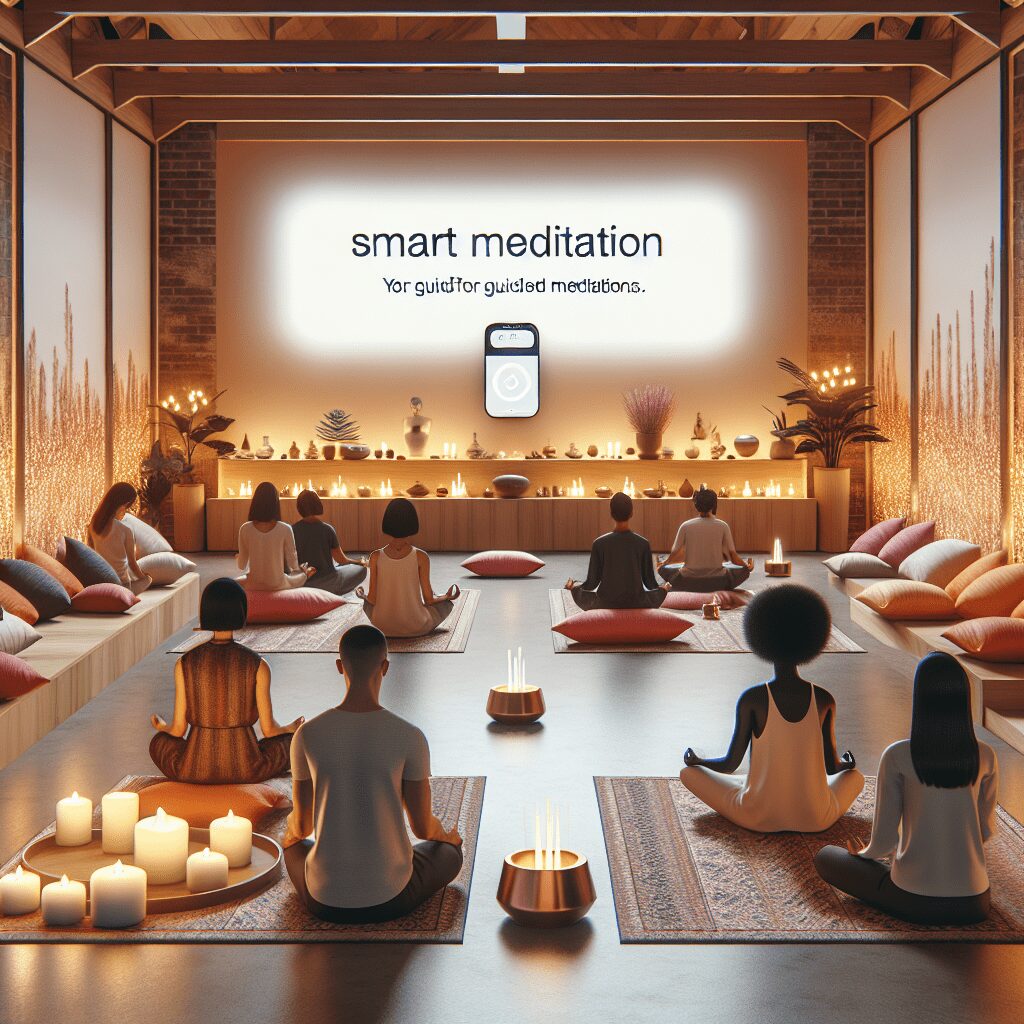
Prioritize your mental well-being daily. Enhance your life by nurturing your mental health with the Smart Meditation app. Break free from stress, alleviate anxiety, and enhance your sleep quality starting today.
Does Adhd Cause Depression And Anxiety?
Navigating the Nexus: ADHD, Depression, and Anxiety
When it comes to the intricate tapestry of mental health, understanding the interplay between various conditions is quintessential. Among the most common, yet often misunderstood, are Attention Deficit Hyperactivity Disorder (ADHD), depression, and anxiety. The query that frequently bubbles up in discussions—does ADHD cause depression and anxiety?—is a complex one. Let’s dive deep into this intricate nexus to unravel the threads that bind these conditions together, shedding light on the connections and distinctions that define them.
The Interwoven Paths of ADHD and Mood Disorders
ADHD isn’t just about finding it hard to pay attention or being on the move constantly. It’s a nuanced condition involving difficulties with executive functions, impulse control, and sometimes, emotional regulation. While it doesn’t directly “cause” depression and anxiety, the challenges and complications that come with ADHD can indeed pave a pathway towards these mood disorders.
The Domino Effect
Imagine this: The hurdles of ADHD, like keeping up with daily tasks, maintaining relationships, or achieving academic and professional goals, can be immensely frustrating and disheartening. This constant struggle and the frequent feelings of underachievement or failure can be a fertile ground for depression and anxiety to take root. It’s almost like a domino effect—each missed deadline or social misstep may not only chip away at one’s self-esteem but also increase stress and worry, potentially escalating to anxiety and depression.
The Science Speaks
Research oils the wheels of our understanding further. Studies reveal that individuals with ADHD are at a higher risk of experiencing mood disorders, including depression and anxiety. The reasons? They range from the genetic and neurobiological overlaps between these conditions to the psychological impact of living with ADHD. Essentially, when you unpack ADHD, you often find anxiety and depression nestled within it, like layers waiting to be discovered.
Untangling the Web: Strategies for Managing Co-existing Conditions
Knowing that ADHD, depression, and anxiety often walk hand-in-hand, the million-dollar question is: How can one navigate this tricky terrain? Here’s where a multifaceted approach comes to the rescue.
-
Professional Guidance is Key: Attempting to untangle this web alone can feel like trying to navigate a labyrinth in the dark. Seeking the help of mental health professionals—be it through therapy, counseling, or psychiatric care—is akin to having a guide by your side. They can tailor a treatment plan that addresses all facets of your mental health.
-
Medication Management: For some, medication can be a cornerstone of managing these conditions. Whether it’s stimulants for ADHD, antidepressants for depression, or a combination thereof, the right meds can make a world of difference. Of course, it’s crucial to tread this path under close supervision to fine-tune what works best for you.
-
Lifestyle Tweaks and Techniques: Never underestimate the power of healthy habits and coping strategies. From keeping a regular sleep schedule to practicing mindfulness, and setting up an ADHD-friendly routine, these changes can bolster your mental health. Think of them as tools in your kit, ready to deploy as needed.
Bottom Line: ADHD, depression, and anxiety often form a complex network that impacts individuals on multiple levels. While ADHD doesn’t directly cause depression and anxiety, the challenges associated with it can certainly lay the groundwork for these mood disorders to develop. Understanding the connections and seeking holistic treatment can illuminate the path toward managing these intertwined conditions, helping individuals lead more fulfilling lives. Remember, navigating this journey may be daunting, but with the right support and strategies, resilience and wellness are within reach.





